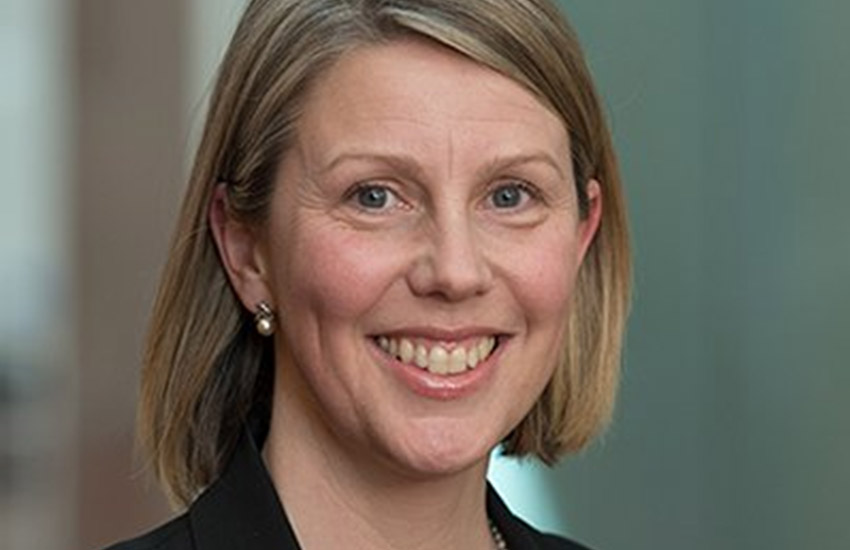The Australian Taxation Office is about halfway through its mobile strike force program which will see 10,000 businesses in 30 locations across the country visited.
The latest visits, set to target 500 businesses in Tasmania, forms part of the ATO’s broader strategy to combat black economy behaviour, with the small business tax gap estimated to cost up to $10 billion each year.
You’re out of free articles for this month
Speaking to Accountants Daily, ATO deputy commissioner Deborah Jenkins said the agency has seen some common trends arising from these visits, including owners not understanding the need to comply with record-keeping obligations.
“A lot of people don’t really know the really basic obligations. For example, they often don’t know that when they employ a family member, that family member is actually an employee and they do need to take out PAYG from that – it’s a simple thing but we’re finding that it’s a common thing that people don’t understand,” said Ms Jenkins.
“There’s a common theme of the lack of record-keeping and when we talk to them about some of the basics that we expect to see, they are a little surprised.”
While most of these businesses visited by the ATO rely on a tax agent to help lodge their returns each year, Ms Jenkins said such businesses are less reliant on their accountant throughout the year, leading to issues down the track.
She believes this presents an opportunity for accountants to step in and provide quality advice to small business owners.
“One of the challenges we see is that many of them use a tax agent to lodge their annual tax return, and that’s in the high-90s [percentage], but what we do see is that fewer of them use them to lodge business activity statements and instalment activity statements during the year. Often if you let things slide for 12 months, then that’s where we find where people get themselves in trouble,” she said.
“Many of the small businesses we see need advice and guidance on business basics like cash flow, and we see this as a real opportunity for accountants and business advisors to give whole of business advice, not just about lodgments.
“If I think about the future of the tax profession, I think some of this work we’re identifying around how can they actually be true coaches of cash flow, talk to their clients about how their business is operating and put in some systems and processes and helping them go digital, for me that is a really golden opportunity for the tax profession.”
jotham.lian@momentummedia.com.au

 Login
Login






